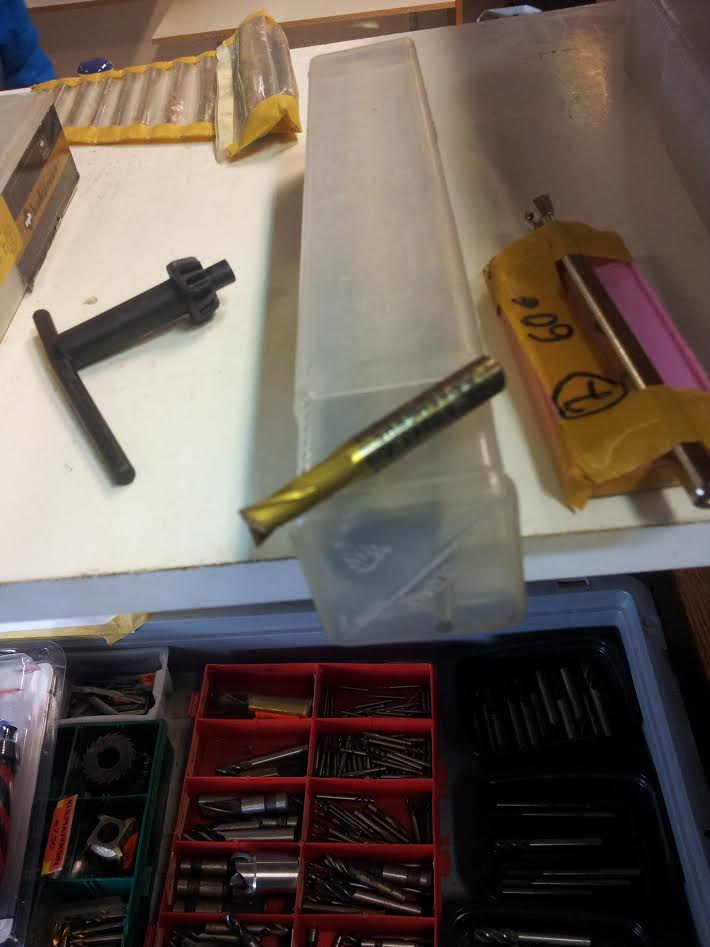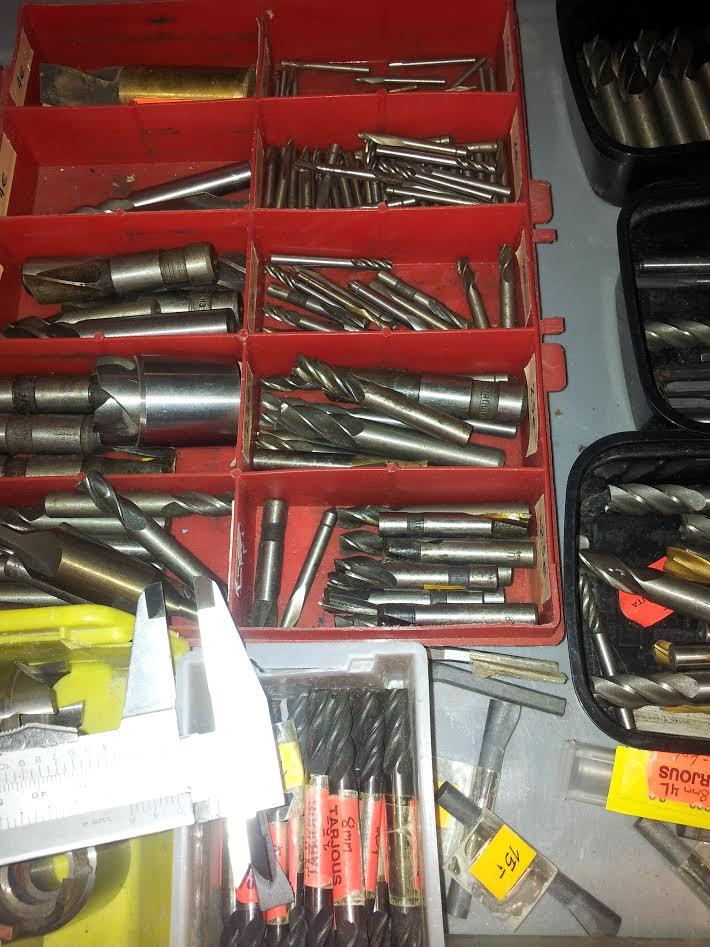The 3 types are designed for engineering use cutting metal etc the 2 flute is a slot drill is used primarily for plunge & slot cutting, using a full width x full depth cut.(can be used for axial cutting but not a preferred use)
The 4 flute end mill is used for full width cut but at a max depth of about only 1/3 of their diameter, or full depth x 1/3 width of diameter on an axial cut.
The 3 flute is just a compromise of the 2 & 4 flute, its plunge cut is poor compared to the 2 flute as is its performance against the 4 flute. It is a combination tool avoiding cutter change in production applications.
These figures & comments are for when used in metal.
As they will be HSS the 2 & 4 flute (not sure about the 3) will cut timber well, possibly with a degree of clogging, due to their spiral flute form
A new HSS cutter will produce a better finish than Tungsten Carbide in any timber, but will not have the life span of the latter.
I have run HSS small end mills at very fast speeds on CNC milling machines cutting aluminium but as with all cutting operations speeds & feeds are dependant on various factors, cutter diameter, feed rate, depth of cut and rigidity of work piece
If you look at speeds for HSS drills in materials such as Aluminium, brass & plastics they certainly don’t shy from fast speeds. Im sure if you look on the net you will get advice on speeds for use in timber.
Regards,
Keith




































